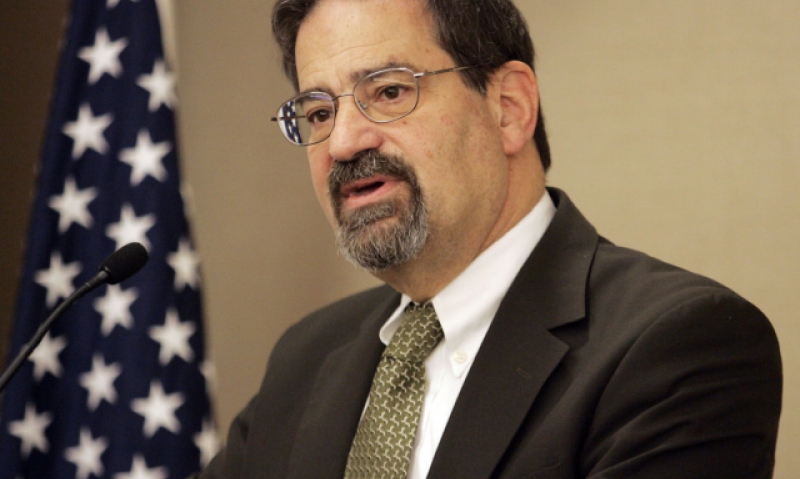
Michael Walcoff expects 190,000 more claims the first year after new Agent Orange regulations go into effect.
New regulations regarding benefits for veterans suffering from exposure to Agent Orange are expected to be announced as soon as Aug. 30, the Department of Veterans Affairs' acting under secretary for benefits told The American Legion on Saturday.
Speaking at the organization's 92nd National Convention in Milwaukee, Michael Walcoff said the new regulations - which simplify for veterans the process of qualifying for disability payments from VA - still will take awhile to go into effect.
"In addition to issuing those regulations, we still can't do anything about it for another 60 days because - under the Congressional Review Act, and because of the size and amount of money involved under this new regulation - Congress gets 60 days to review it and make determination of whether they want to stop it or not," Walcoff said. "You've got Agent Orange. You've got presumptions. You're talking about over $13 billion in the first year."
Walcoff said VA anticipates an additional 190,000 benefits claims in the first year after the regulations go into effect. For that reason, Walcoff said, the announcement won't be met with applause from everyone.
"There will be articles out there written by writers; we're working with a writer right now who's very negative about this - very negative about the fact it's going to cost so much money," Walcoff said. "Very negative about the fact that anybody who was in country in Vietnam qualifies for this. That's the kind of thinking that's out there.
"The fact is we're obeying the law. The law says that anybody who was in country is entitled to the presumptions. Besides that, I believe that what we're doing is the right thing to do. It's what (VA Secretary Eric Shinseki) wants to do."
Walcoff also briefed the Legion on regulations published this summer in the Federal Register that make it easier for veterans to gain access to health care and disability compensation for post-traumatic stress disorder. He hopes the new regulations help break down a perception some veterans have of VA.
"I'm sure you all talk to people who very, very strongly feel the VA is not there to help them, but is instead there to block their path to benefits," Walcoff said. "I believe the biggest cause of that negative perception that many veterans have, very frankly, is because of what we put them through applying for PTSD benefits. There are so many veterans that believe (negative media coverage of VA ), and that's troubling to me. That's very troubling, and it should be to any VA employee. I believe the vast majority of VA employees do want to do a good job. They want to help veterans."
Walcoff defended the portion of the new regulations that requires the PTSD diagnosis to be made by a VA doctor. "I know there's a difference of opinion about (this)," he said. "I do believe we need to rely on private physicians a lot more for a lot of the other conditions. But this is the one area - this and (traumatic brain injury) - where I really believe we need to have a VA doctor involved. There's really two reasons. I really believe that (Veterans Health Administration) psychiatrists in this area are the world experts on these things. The second reason - and really, to me, the most important reason - is the feeling is if we get them in to a VA doctor for the exam, hopefully we can get them to stay in treatment."
- Veterans Benefits


